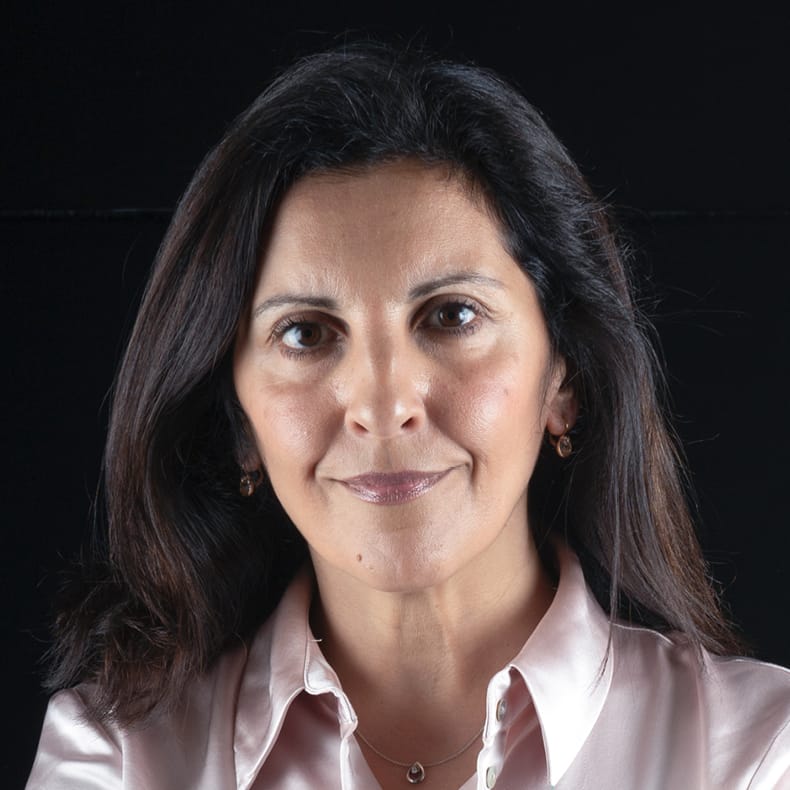The relationship between climate change and deadly conflict is complex and context-specific, but it is undeniable that climate change is a threat multiplier that is already increasing food insecurity, water scarcity and resource competition, while disrupting livelihoods and spurring migration. In turn, deadly conflict and political instability are contributing to climate change – including through illegal logging.
As this introductory video lays out, Crisis Group’s work on climate change and conflict relies on field-based research and analysis to provide insights into how policymakers might best influence and respond to these complex changes to mitigate conflict risks.
COP28: A Special Series
In the run-up to COP28, Crisis Group experts contribute their views on how climate change shapes the conflicts and crises they work on.
Latest Updates
COP28: A Special Series
In the run-up to COP28, Crisis Group experts contribute their views on how climate change shapes the conflicts and crises they work on.
Landmark Amazon Summit Needs to Grapple with Crime as well as Climate
On 8 and 9 August, the presidents of eight countries will meet in Brazil to discuss means of countering the threats facing the Amazon rainforest. In this Q&A, Crisis Group expert Bram Ebus explains that inter-governmental cooperation and a regional security strategy will be essential.
Absorbing Climate Shocks and Easing Conflict in Kenya’s Rift Valley
A series of failed rainy seasons in northern Kenya has sharpened competition among herders, farmers and conservancy owners for land and water, often resulting in bloodshed. Authorities should redouble aid to hard-hit areas and, with donor support, look for ways to encourage sharing of resources.
COP27: A Special Series
In the run-up to COP26 and COP27, Crisis Group experts contribute their views on how climate change shapes the conflicts and crises they work on.
Tackling the Impact of Climate Change on Conflict and Security (Twitter Space, 9 November 2022)
Why do countries who suffer from both the impacts of climate change and violent conflict receive less funding than war-free states? World leaders should address this imbalance at COP27 and ensure that countries reeling from the consequences of this deadly combination receive their fare share of funding. In this Twitter Space Nazanine Moshiri, Crisis Group’s Senior Analyst for Climate and Security in Africa, Andrew Ciacci, Crisis Group’s Researcher for Climate Environment and Conflict, and Giorgio Gualberti, Climate and Environmental Finance for the OECD, talk about the link between climate change and conflict for COP27.
Climate and Conflict at COP27
This video stresses the need to acknowledge the role climate plays in conflict dynamics and the need to ensure climate financing mechanisms are conflict sensitive at COP27.













